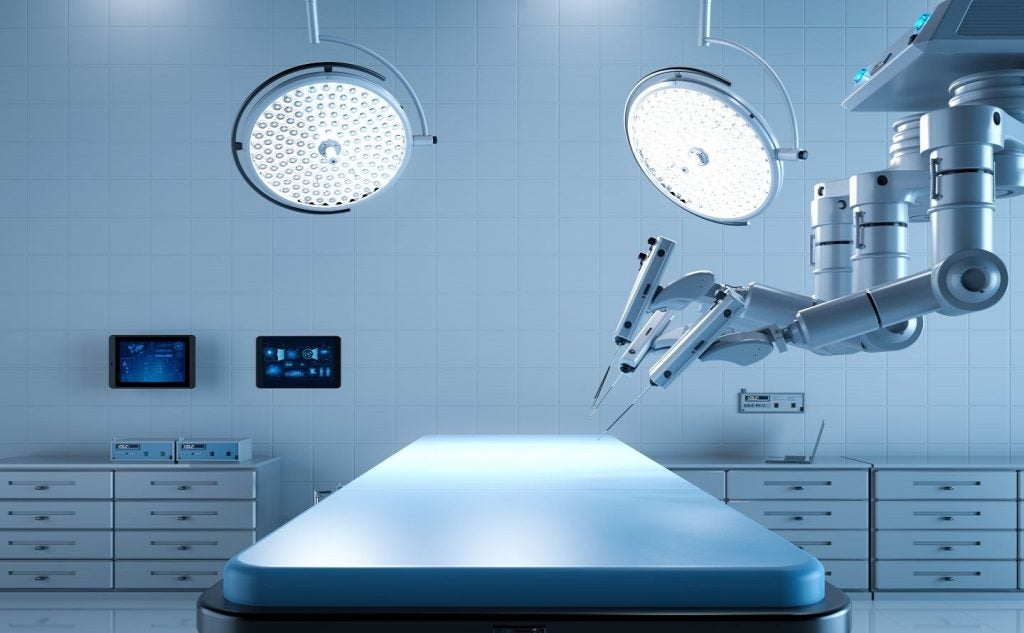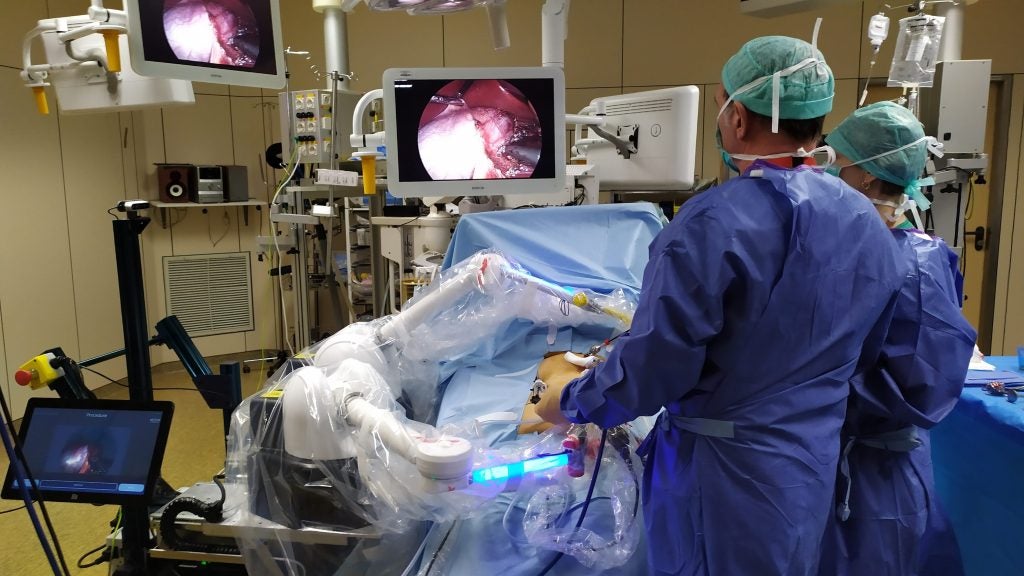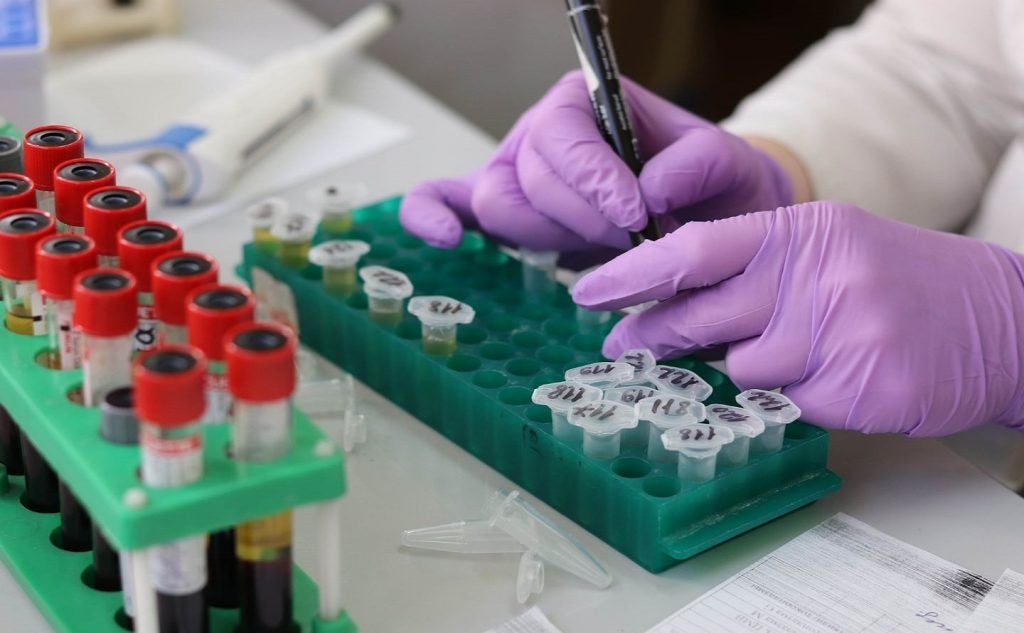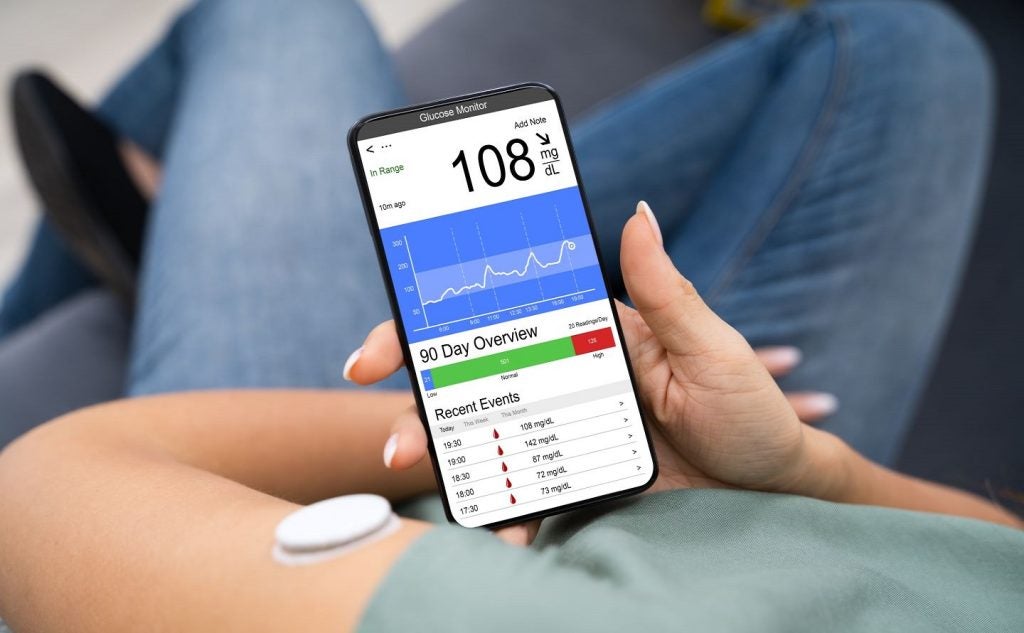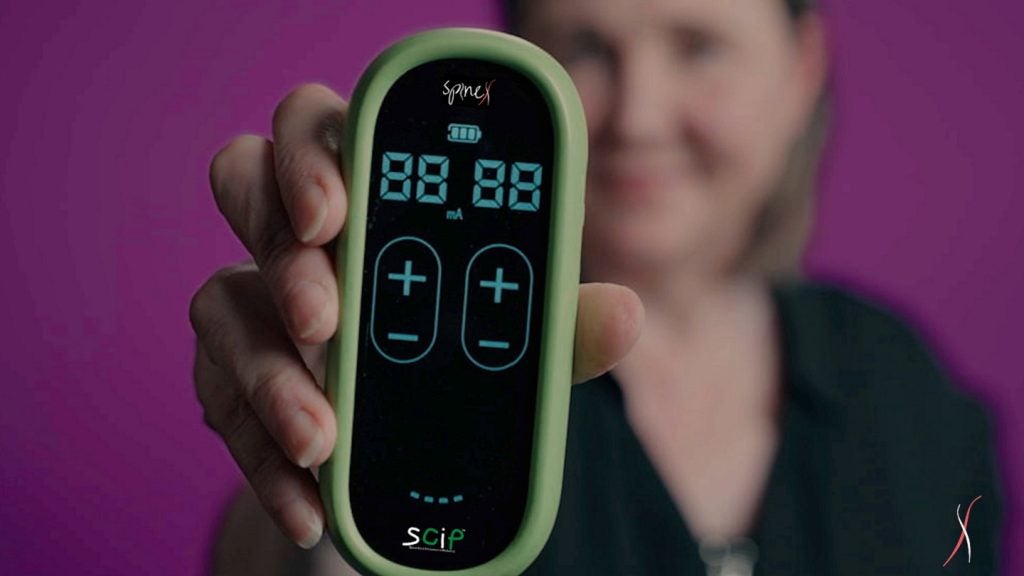Galen Robotics has received a De Novo classification grant and authorisation from the US Food and Drug Administration (FDA) for its Galen ES Robotic System.
The authorisation will enable the marketing of the device for use in rigid microlaryngeal procedures.
The new cooperatively powered surgical assist device is intended for ear, nose and throat (ENT) surgery.
It can be used for ENT surgical procedures including instrument placement along with microlaryngeal alligator forceps.
The device aligns with the surgeon's movements for accurate and stable positioning of an instrument while maintaining the surgeon's direct physical control of the instrument.
Galen ES also provides the potential for instrument stability in critical microlaryngeal surgeries.
It aims to improve patient outcomes by enhancing otolaryngologists' capabilities with advanced functionality and quick set-up time.
Galen ES’ original technology is licensed from a continuing research partnership between Galen Robotics and Johns Hopkins Technology Ventures.
Galen Robotics president and CEO Bruce Lichorowic said: “Achieving this milestone with $25m in funding during Covid is truly remarkable compared to other medical device companies who are spending hundreds of millions to achieve the same goal.
“The Galen ES System holds great promise in revolutionising challenging ENT surgeries by providing existing surgical instruments with its advanced features that empower skilled ENT surgeons. We anticipate significantly improved surgical precision and better patient outcomes.”
Galen, which was established in 2016, is the pioneer of digital-surgery-as-a-service (DSaaS).


